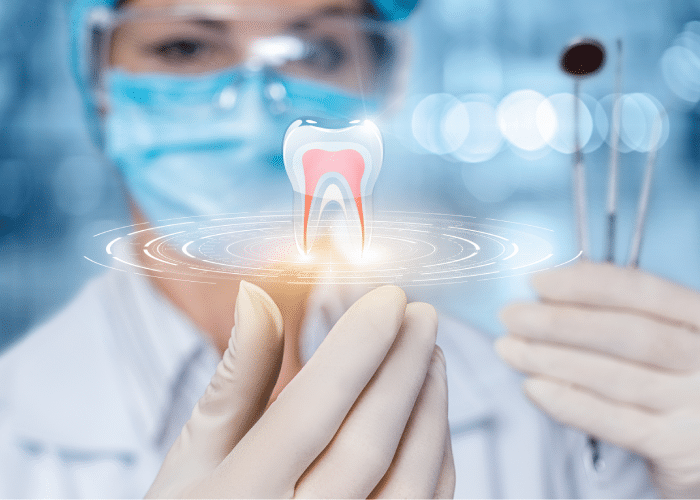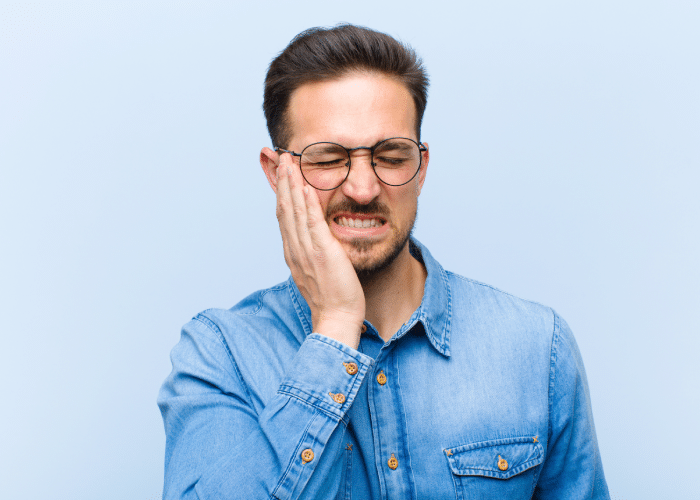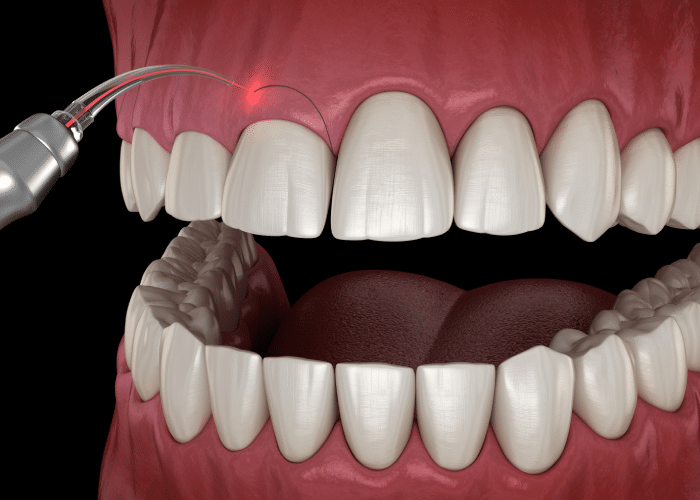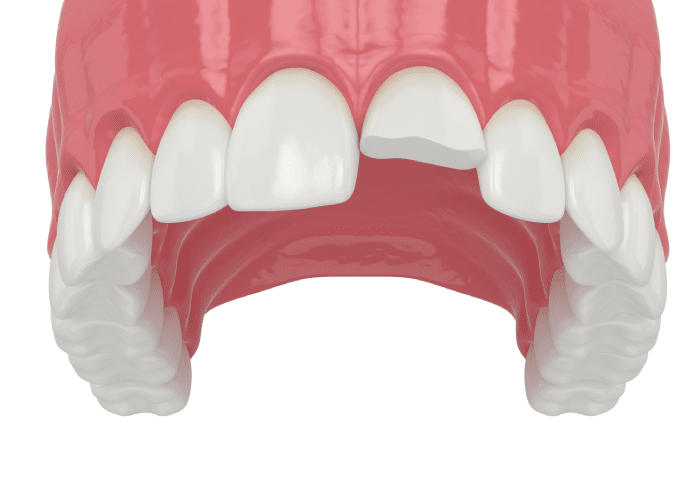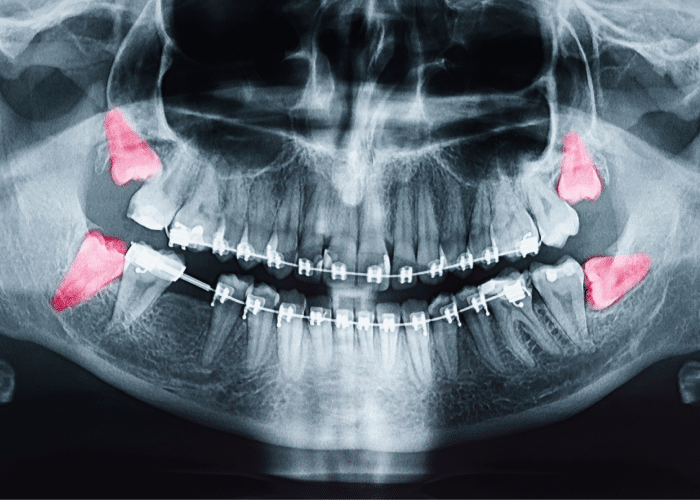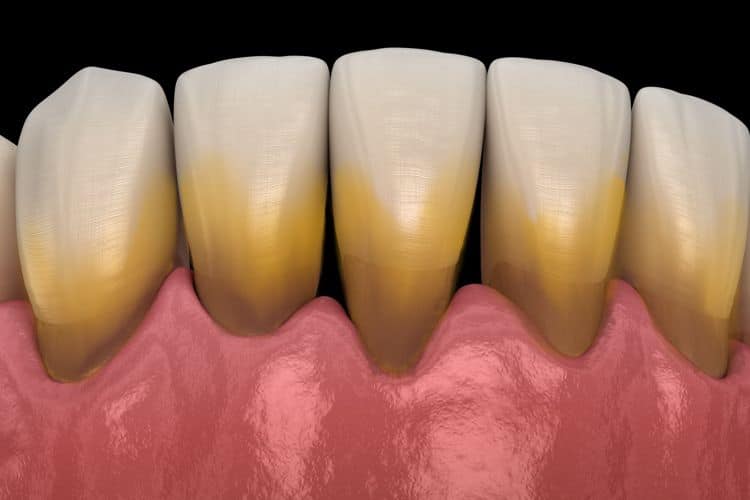You can keep your teeth clean by brushing and flossing at least twice daily. However, supplementary routines like using mouthwash shouldn’t be ignored. To know more about how mouthwash works, continue reading the article.
Key takeaway:
Mouthwash can be classified into two categories, cosmetic and therapeutic.
Mouthwash is used to improve breath, reduce plaque and prevent gum disease.
Mouthwash shouldn’t be used as an excuse not to visit your dentist or brush your teeth.
Read more here https://yourdentalhealthresource.com/mouthwash-is-it-really-necessary/



